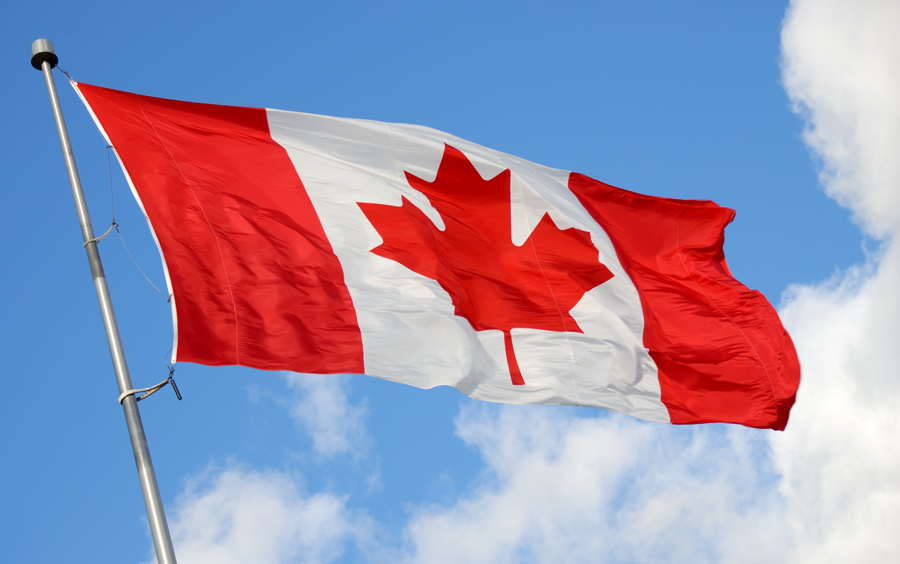January saw the Government of Canada and provinces across the country open the door to more than 40,000 potential applicants through key economic immigration and family sponsorship programs.
Both economic immigration and family sponsorship are central components for Canada’s new three-year immigration levels plan, which has a target of 331,000 new permanent residents for 2019.
This number is set to rise to 341,000 in 2020 and reach 350,000 by 2021 — nearly one per cent of Canada’s population. A one per cent immigration rate is considered vital for ensuring the continued growth of Canada’s labour force and economy in the years ahead.
The majority of these new arrivals are expected through Canada’s various economic immigration programs, namely those managed by the federal Express Entry system and Canada’s Provincial Nominee Program.
Canada’s Express Entry system is its principal source of skilled foreign labour and expedites permanent residence applications from immigration candidates with the talents needed to integrate quickly into Canada’s labour market.
January saw the Express Entry system get off to its biggest start ever, issuing 11,150 invitations to apply for Canadian permanent residence.
Invitations are based on a candidate’s Comprehensive Ranking System (CRS) score, which considers factors such as age, education, work experience and proficiency in English or French.
January’s Express Entry ITA record came on the heels of a banner 2018 for the Express Entry system, which issued 89,800 invitations to apply for permanent residence over the course of the year — the most ever in its five-year history.
Given Canada’s higher admissions targets for 2019 and 2020 for the three economic immigration programs managed by the Express Entry system, it is expected that a new record will be set this year.
Canada’s Provincial Nominee Program, or PNP, also contributed to the impressive numbers produced in January.
The PNP allows participating provinces and territories to nominate a set number of economic immigration candidates for permanent residence.
Nearly 5,000 immigration candidates were issued invitations to apply for a provincial nomination last month through programs in Ontario, British Columbia, Manitoba, Saskatchewan, Nova Scotia and Prince Edward Island.
Another big factor in January was the reopening of Canada’s Parents and Grandparents Program (PGP) to new expressions of interest.
The Parents and Grandparents Program provides an opportunity to eligible Canadian citizens and permanent residents over the age of 18 to sponsor their parents and grandparents for permanent residence in Canada.
The first step in the process is completing an Interest to Sponsor form, which Immigration, Refugees and Citizenship Canada (IRCC) made available on January 28 on a first-in, first-served basis.
IRCC had a target of 27,000 expressions of interest for the PGP’s reopening, which it met in a matter of minutes.
The next step in the process is inviting eligible interested sponsors to apply to the program. IRCC will issue invitations in the order Interest to Sponsor forms were received.
Family reunification is a central pillar of Canada’s immigration program. As IRCC noted in its 2018 report to Parliament, “family reunification plays an essential role in attracting, retaining and integrating newcomers so that they are able to build successful lives in Canada.”
“January was indeed impressive and kicked off what should be a big year ahead for Canadian immigration,” said David Cohen, senior partner at the Campbell Cohen Canadian immigration law firm in Montreal.

